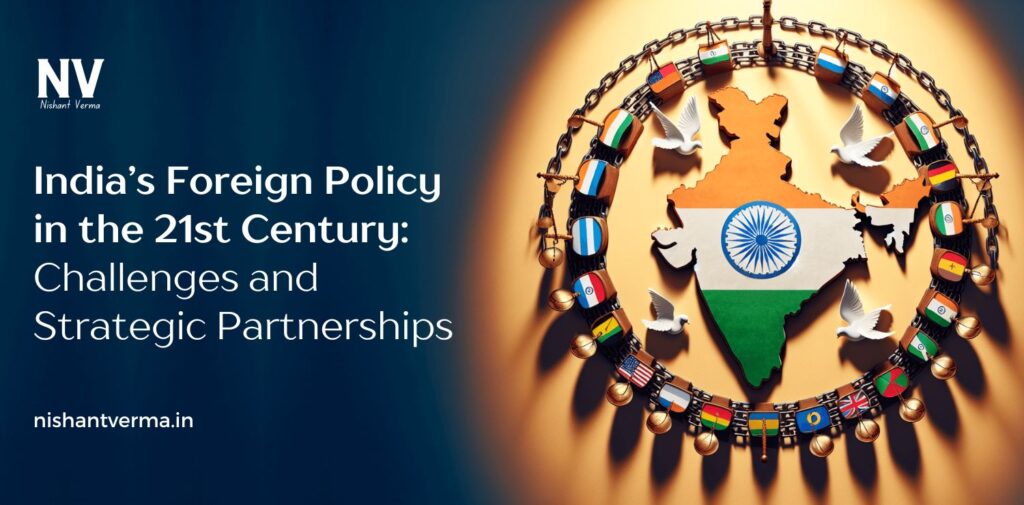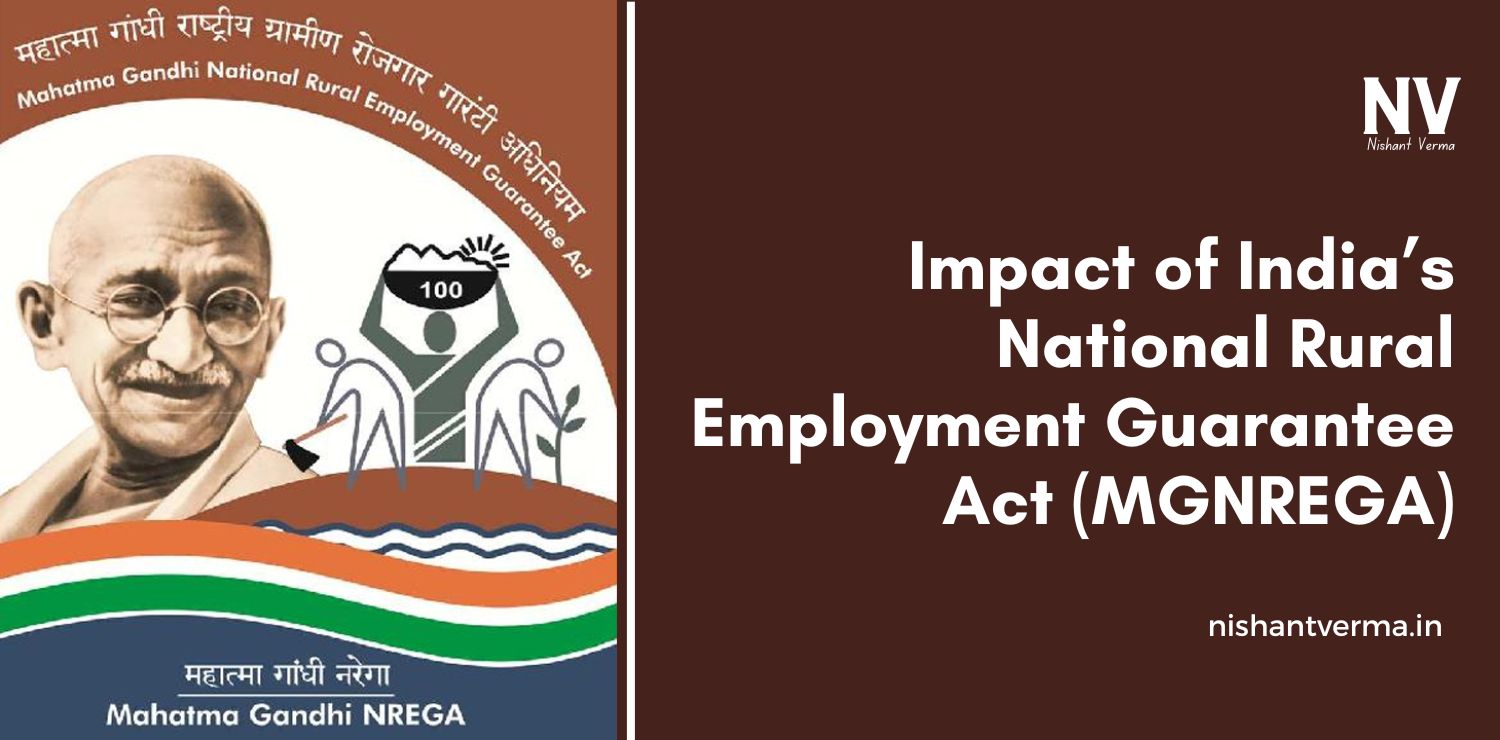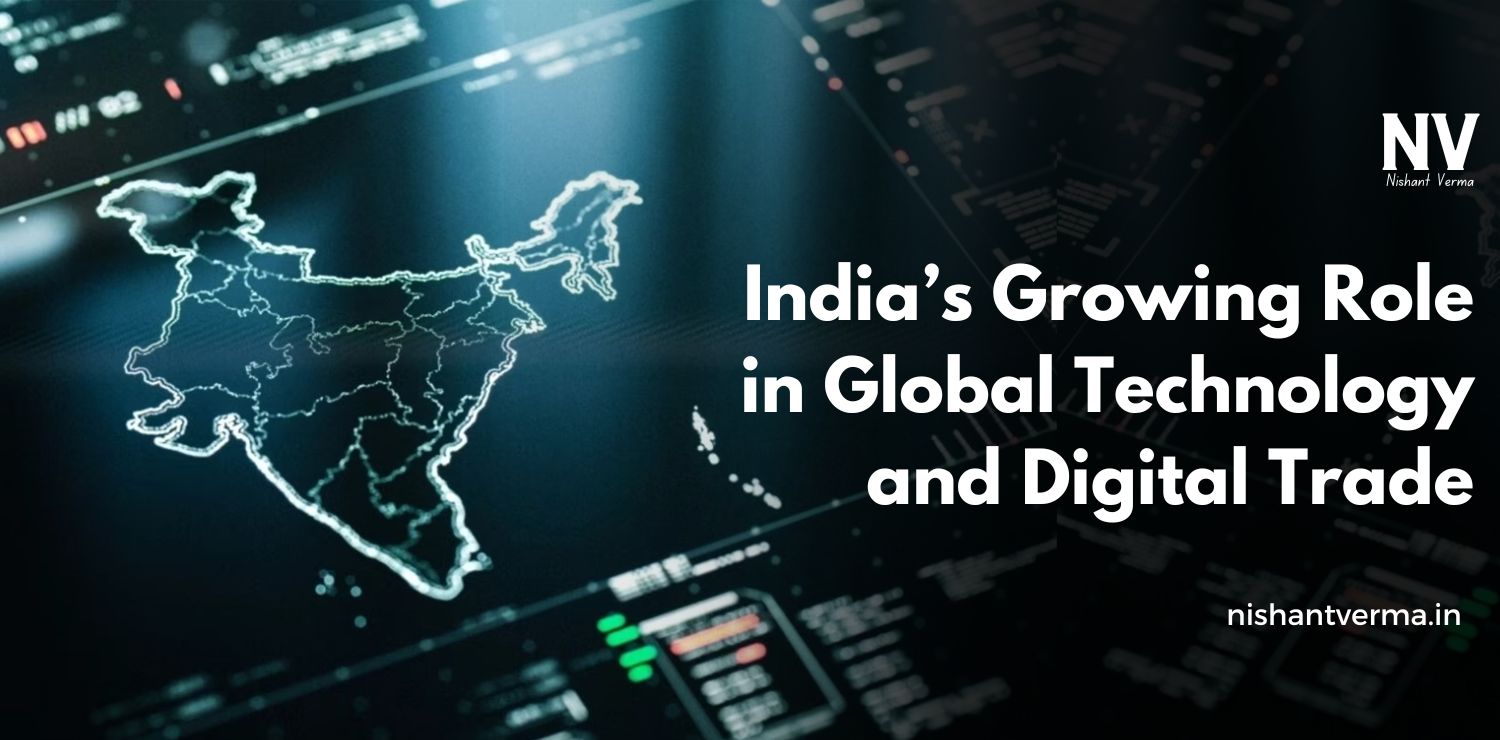India, the world’s largest democracy and a rapidly growing economy, has undergone a significant transformation in the 21st century. As the global landscape has evolved, India’s foreign policy has had to adapt to new challenges and opportunities. With a mix of historical relationships, economic ambitions, and security concerns, India foreign policy in the 21st century is shaped by its desire to secure its place as a regional and global power. This article explores the key challenges India faces and the strategic partnerships it has formed to navigate the complexities of modern international relations.
1. India’s Evolving Role on the Global Stage
India has always played an important role in international affairs, but its significance has grown in the 21st century. With its large population, growing economy, and geopolitical importance, India has emerged as a key player in global politics. Over the years, India has shifted its foreign policy focus from a traditionally non-aligned position to becoming more active in regional and global partnerships.
The country’s rise as a major economic power has made it an attractive partner for other nations. As India’s economy has expanded, so has its role in global organizations such as the United Nations (UN), the World Trade Organization (WTO), and the Group of 20 (G20). India’s foreign policy today is defined by its growing presence in international forums and its ambition to play a larger role in global governance.
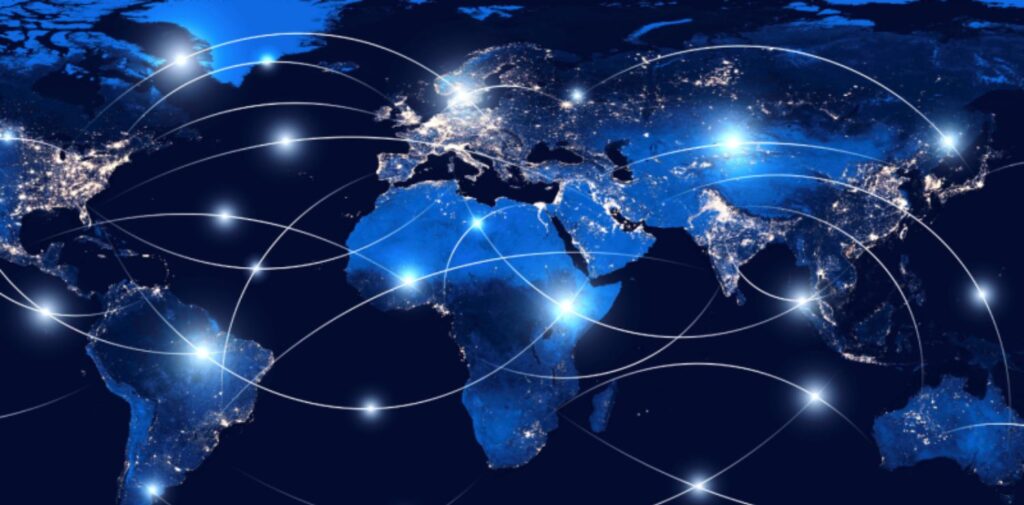
2. Challenges Faced by India in the 21st Century
While India has made great strides in the international arena, it faces several challenges that impact its foreign policy. These challenges are primarily rooted in security, regional tensions, and the complexity of balancing competing interests.
- Security Concerns and Regional Instability: One of the most pressing challenges for India is ensuring its security in a volatile region. India shares borders with two nuclear-armed neighbours, Pakistan and China, both of which have been involved in territorial disputes with India. The conflict with Pakistan over the Kashmir region has remained a long-standing issue, and tensions often flare up, impacting India’s security situation. Additionally, China’s growing military power and its Belt and Road Initiative (BRI), which includes projects in Pakistan and the Indian Ocean, have raised concerns in India. India is wary of China’s expanding influence in its neighbourhood and has been working to counterbalance China’s strategic moves.
- Terrorism and Extremist Threats: Terrorism is another significant security concern for India, particularly due to cross-border terrorism emanating from Pakistan. The attacks on Indian soil by extremist groups, including the 2001 Indian Parliament attack and the 2008 Mumbai attacks, have heightened India’s focus on counter-terrorism. India has called for stronger international cooperation to combat terrorism and prevent extremist groups from gaining ground.
- Economic Development and Global Trade: While India’s economy has grown rapidly, it still faces significant economic challenges, including poverty, unemployment, and inequality. Ensuring sustainable development while balancing foreign trade and domestic priorities is a key aspect of India’s foreign policy. As India seeks to establish itself as a global economic power, it must also navigate the complexities of international trade agreements, foreign investments, and supply chains.
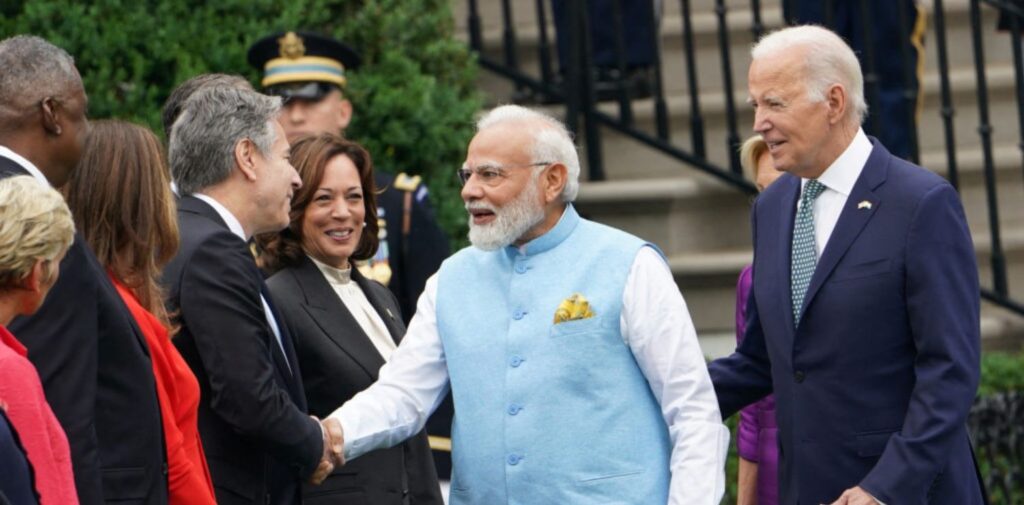
3. Strategic Partnerships in the 21st Century
To tackle these challenges, India has formed strategic partnerships with various countries and international organizations. These partnerships help India secure its interests, foster economic growth, and enhance its global influence.
- The United States: A Key Ally: India’s relationship with the United States has evolved significantly in the 21st century. After decades of tension during the Cold War, India and the U.S. began to warm up to each other in the early 2000s. The nuclear deal signed between the two countries in 2008 marked a turning point, opening the door for greater cooperation in defence, trade, and technology. In recent years, the U.S. has emerged as one of India’s most important strategic partners. Both countries share concerns over China’s growing influence in the Indo-Pacific region and have worked together to enhance security cooperation. The U.S. has been a key partner in defence technology, and both nations have increased their collaboration through initiatives like the Quad (Quadrilateral Security Dialogue), which also includes Japan and Australia.
- The European Union: Balancing Trade and Diplomacy: India’s ties with the European Union (EU) have been marked by a mix of economic and diplomatic cooperation. The EU is one of India’s largest trading partners, and both sides have worked to enhance their economic ties through trade agreements. Additionally, the EU and India share a commitment to democratic values, human rights, and climate change action. However, the relationship has faced challenges due to issues like human rights concerns, particularly in Kashmir, and differences in trade policies. Despite these hurdles, the EU remains a critical partner for India in areas such as technology, green energy, and multilateral diplomacy.
- Russia: A Time-Tested Friendship: Russia has been one of India’s longest-standing allies, and the relationship between the two countries has remained strong even as global dynamics have changed. Russia is a key supplier of defence equipment to India, and the two countries have close cooperation in the military and energy sectors. India continues to maintain strong ties with Russia despite its growing relationships with the U.S. and other Western countries. Russia’s role in India’s foreign policy remains crucial, especially in the context of balancing China’s growing influence in the region.
- The Middle East and Africa: Expanding Horizons: India has also focused on strengthening its relationships with countries in the Middle East and Africa. The Middle East is an important source of energy for India, and many Indian nationals work in the Gulf countries. India’s economic ties with these nations have strengthened, particularly through trade, investments, and infrastructure projects. In Africa, India has worked to build partnerships in areas like agriculture, technology, and development aid. As Africa’s economies grow, India sees it as a key partner in expanding trade and securing energy resources.
4. The Indo-Pacific Region: A Key Focus
The Indo-Pacific region has become a central focus of India foreign policy in the 21st century. As China increases its presence in the South China Sea and the Indian Ocean, India has sought to strengthen its relationships with countries in the region, such as Japan, Australia, and Southeast Asian nations. Through platforms like the Quad, India aims to ensure a free, open, and rules-based order in the Indo-Pacific.
India’s position in the Indo-Pacific is also critical for maintaining maritime security and ensuring safe trade routes. By cooperating with like-minded countries in the region, India is enhancing its strategic influence and countering China’s growing power.
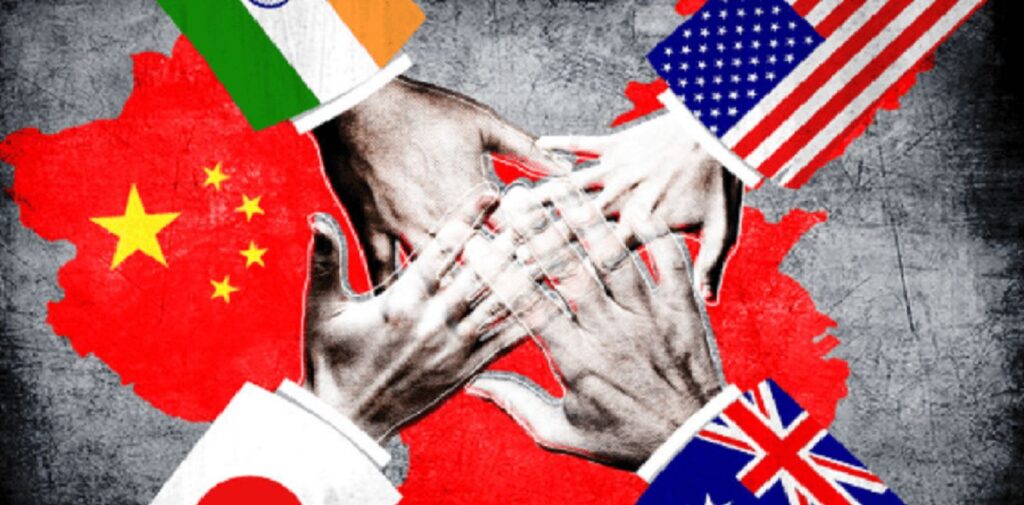
5. Balancing Regional and Global Interests
India’s foreign policy is a delicate balancing act between addressing regional security concerns and pursuing global ambitions. The country’s strategic priorities include maintaining peace in South Asia, promoting economic growth, and establishing itself as a leading global player. However, these goals are often in tension with each other.
For instance, India’s desire to strengthen ties with the U.S. and Western countries sometimes clashes with its traditional support for non-alignment and sovereignty in international affairs. Similarly, while India seeks to expand its influence in the Indo-Pacific region, it must also manage its relationships with its neighbours, particularly Pakistan and China, to avoid escalating tensions.
Conclusion: India Foreign Policy in the 21st Century
India foreign policy in the 21st century is shaped by a combination of historical legacies, economic ambitions, and security concerns. As the country seeks to secure its place as a global power, it must navigate a complex web of regional and international challenges. Through strategic partnerships with countries like the United States, Russia, and Japan, as well as its engagement in global institutions, India is positioning itself to play a key role in shaping the future of international relations. The success of India’s foreign policy will depend on its ability to balance its regional interests with its global aspirations, ensuring that it remains a stable, prosperous, and influential player on the world stage.

